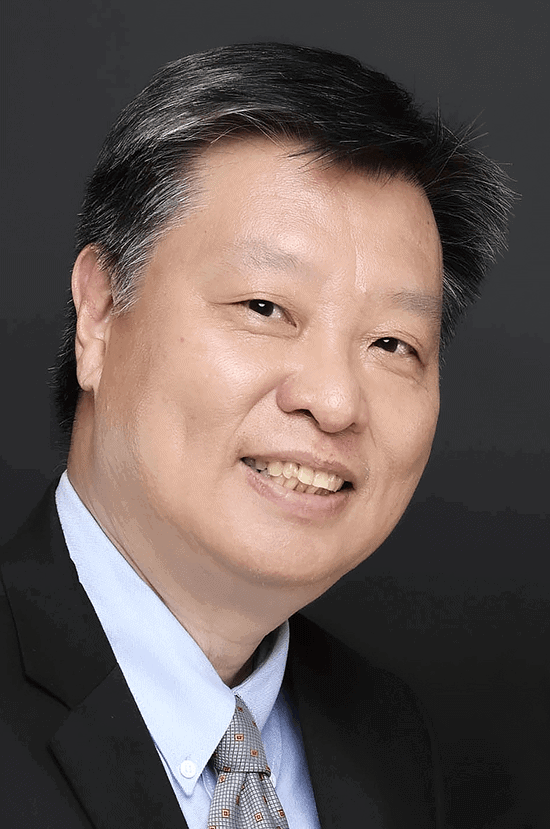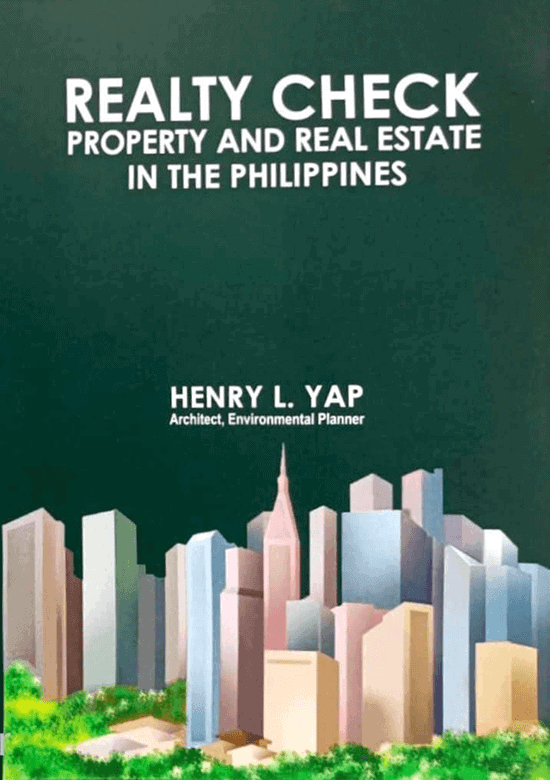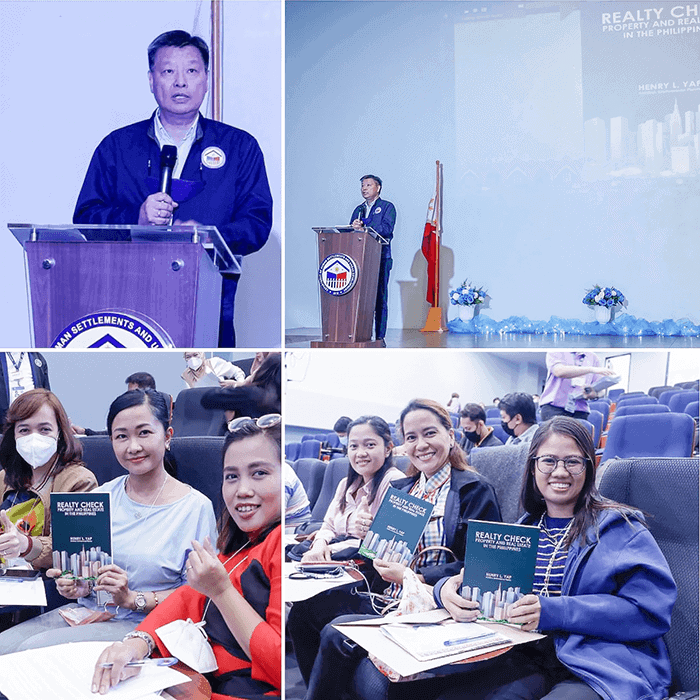As The Philippine STAR celebrates its 37th anniversary, it continues its mission to allow the truth to prevail. In our special issues leading to our anniversary, we shine the spotlight on local truth-tellers.
For this week’s Property Report, I talked to our columnist, property expert, book author, and Department of Human Settlements and Urban Development Undersecretary Arch. Henry Yap to discuss the transformative power of real estate in uplifting communities.
How did you become interested in real estate?
It started in the early 1990s when I worked for the Bases Conversion Development Authority. As then head of the Metro Manila Camps Department, I was involved in the planning and disposition of former military camps.
Rather than simply letting go of those camps, we prepared comprehensive and detailed plans that would ensure the properties’ financial viability and sustainability, and their continued support to the national and local governments with constant flows of dividend.

With that experience, I realized the transformative power of real estate in uplifting our communities, as well as how it could be used to provide both economic and social benefits to many.
How were you involved?
I was involved in the sourcing and evaluation of land and properties for acquisition, preparation of business cases to determine project viability that covered site suitability, resource sourcing, design and planning, project management, marketing and selling, and later on, property management.
From these engagements, I was also able to widen and nurture my entrepreneurial perspective and honed my managerial skills. These experiences allowed me to successfully steer the growth of several business units, ventures, organizations and enterprises.

How are you able to contribute to the growth of the real estate industry?
In the Fort Bonifacio project, together with our shareholders of diverse group of companies, we adopted an ambitious plan, secured the cooperation of national policy makers and local government units (LGUs), tapped the required consultants, and came out with progressive and out of the box ideas and solutions that had not been used or implemented locally at the time.

With this collective work, Bonifacio Global City today proudly stands out above the competition, after introducing new and unique developmental guidelines, trailblazing the adoption of untested concepts in the Philippines, and setting high benchmarks for other players in the real estate industry to follow.
What do you think are the challenges affecting the housing sector?
The country’s housing backlogs and needs have grown over several decades. The backlog is currently estimated to be over 6.5 million. This huge figure can be attributed to numerous reasons, including the lack of and rising cost of land, continuous increase in construction and land development costs, downward trend in the funding of government shelter agencies, poor supply and demand correlation by government and the private sector, and wage disparity that has prevented Filipinos from affording a unit of their own.
How can the government and the private sector address this?
The State, as recognized by the Philippine Constitution, cites the indispensable role of the private sector in nation building, as it accepts that problems cannot be solely addressed by the government.
Toward this end, President Marcos declared the Pambansang Pabahay para sa Pilipino (4PH), DHSUD’s proposed national shelter strategy, as a flagship program, and called for the development of a million housing units every year until 2028, and to make it affordable to homeless beneficiaries.
While the LGUs are in charge of implementing their localities’ housing program, on-site and in-city resettlement projects are expected to utilize government and private lands, with beneficiaries provided amortization support, and assisted by key shelter agencies (KSAs), government financial institutions, private banks, developers and contractors.
How do you use your knowledge in real estate in your work as DHSUD Usec?
My previous work experiences in government and the private sector allow me to bridge the often divergent views of both parties. As a former employee of DHSUD’s predecessor – Housing and Urban Development Coordinating Council, I have also seen how housing programs were formulated and why they succeeded or failed.
I am more inclined to propose solutions that are acceptable to multi-sectoral groups as a result of my better understanding of theoretical concepts, data-driven cases, pragmatic approaches, and enhanced political perspectives.
Let’s talk about your book Realty Check: Property and Real Estate in the Philippines. Why did you choose to write about real estate?
It all started as a one-off article on a subject that I knew best by heart.
However, with prodding from former colleague, friend and of course, The STAR‘s president & CEO Miguel Belmonte, I opted to dwell on nearly four decades of learnings, including notes from my over a decade and half of teaching at the University of the Philippines as senior lecturer at the School of Urban and Regional Planning and the College of Architecture.
